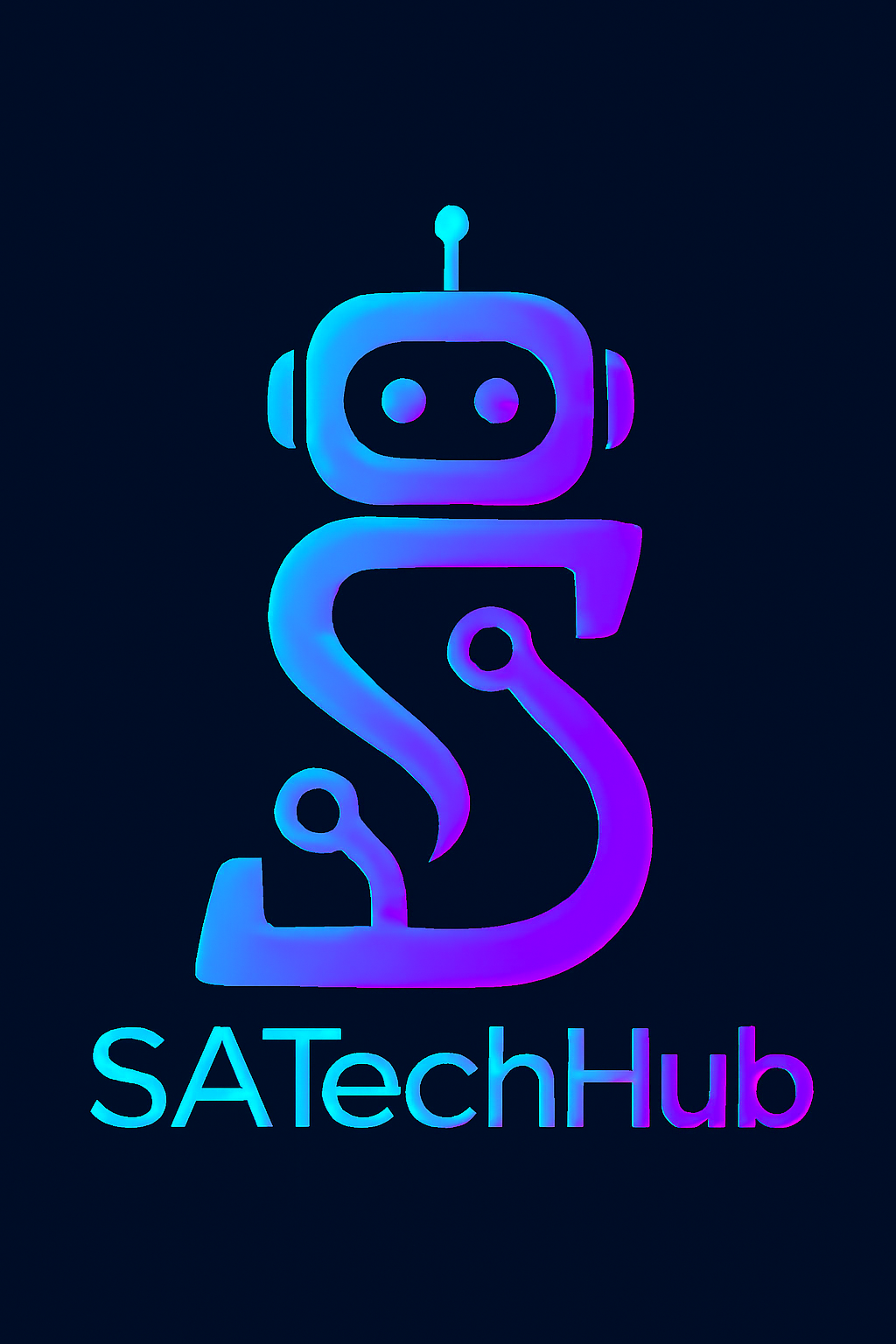
Coding Math & Robotics





The provision uses math coding and robotics simulations to demystify real-world mathematical concepts for students aged 9–18. Through hands-on projects, such as vector simulations in Scratch, algorithmic problem-solving, and robotics challenges, learners explore abstract math principles in tangible, engaging ways. The curriculum aligns with the Universal Framework, emphasising Problem Solving and Creativity skills. Structured reflection prompts, skill-based assessments, and industry-linked applications (e.g., drone path calculations, traffic flow models) ensure learners connect math to practical scenarios. Workshops include guided coding tasks, debugging exercises, and creative extensions, with progress tracked via self-assessments and digital portfolios.
All lesson materials display the Universal Framework icons and definitions, linking activities directly to skill steps. Learners complete pre- and post-reflections and document progress in digital skill journals. Rubrics assess both math concepts and essential skills, enabling learners to track growth.
For more information, please email satechedtech@gmail.com
